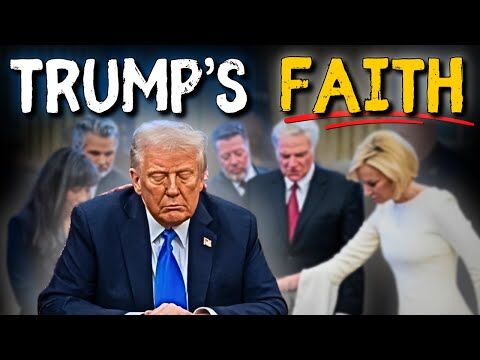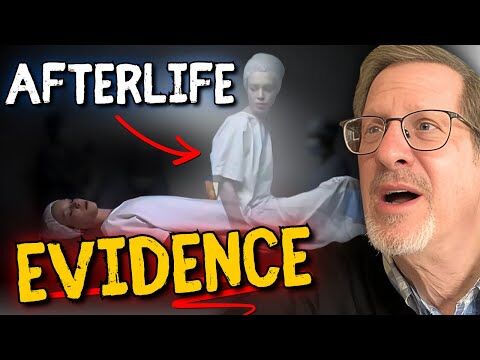When Clive Staples Lewis breathed his last on Nov. 22, 1963, the world was looking elsewhere. The beloved American president, John F. Kennedy, had just been assassinated in Dallas, Texas. Oddly, science fiction writer Aldous Huxley also died the same day, creating a trifecta of influential deaths. But 50 years later, one of the three deceased stands above the rest in terms of continued global impact.
“[C.S.] Lewis is now more popular than he ever was,” says Robert Banks, an author and professor with a particular interest Lewis. “And each year he becomes more popular than he ever was by far in his lifetime.”
Lewis was known both for his popular fiction–including The Chronicles of Naria series and Space Trilogy–and his theological non-fiction, such as Mere Christianity and The Problem of Pain. The Lewis canon of literature have sold more than 100 million copies and have been translated into 40 languages. It’s estimated that Lewis’ books still sell around two million copies annually. His books have been turned into screenplays and major motion pictures, grossing hundreds of millions of dollars, and Lewis’ life has been profiled by numerous biographers including recently by British evangelical Alister McGrath.
To commemorate his life and legacy, Harper Collins, who owns rights to publish Lewis’ works in the U.S., is releasing an annotated version of The Screwtape Letters. Paul McCusker, an author and playwright, was hired to write the annotations for the new version. Here, I talk with McCusker about Lewis’ legacy and what we’ll miss in his work if we aren’t careful.
Reading Lewis is a bit like reading the Bible—in that we think we understand it, but might not even realize what we’re missing. Paul, what are some of the references that a 21st century American reader would most likely not catch?
For people who don’t know the Bible very well, Lewis’ references to Biblical phrases and ideas could be missed. Lewis was also a man of literature, who often quoted or alluded to the works of Milton or Homer or even more obscure authors and books that his readers at the time may have known, but we have long-since forgotten. In one of Screwtape’s letters, Lewis spends a bit of time dealing with George Bernard Shaw and a particular philosophy few now would know (though elements of that philosophy exist in people’s thinking today). Lewis also assumed a common understanding among his readers of the Church of England’s liturgies, which Americans in general – and Evangelical Protestants in particular – might not recognize. My hope with the Annotations is to bring all of those to light.
And what about Lewis’ context? Was he addressing particularities of his historical context that we’re not hearing?
As timeless as The Screwtape Letters can be, we have to remember that they were written in a time of war. And not just any war, but a war that brought the fight to the doorsteps of Lewis’ readers as the Germans relentlessly bombed England. And his readers were the subscribers to a Church of England newspaper, many of whom were well-read ministers or theologians. So Lewis wrote with specific assumptions about things like the Home Guard and air raids and bomb shelters, about the books his readers would have read or what they all experienced in their churches. Few of us now understand all of that. But the insights into humanity still make Screwtape compelling for us now, in the same way Shakespeare touches us, though the original context may be lost to our thinking.
What about funny mid 20th-century British dialect? Are there words that you needed to define in the notes?
My editor and I went back and forth on which words and phrases needed to be defined and which didn’t. We didn’t want to assume too much or too little–and finding the right balance was hard. We didn’t want to offend people’s intelligence. But we made sure to identify British places–Wantage was one, I think–and British names for things (like a “building estate”), or liturgical words (a “Collect,” for example), British expressions (“priggish” and “done a corner in”), uncommon words (“accretions”) and even a dish like ”sole colbert.” The good thing is that, if you know the words, you’ll read on without stopping. If you don’t know the words, then you can glance at the footnote for the definition without too much of a break in the flow.
Were there sections of The Screwtape Letters that, today, sound particularly relevant to our modern context? Ones Lewis could not—or could!—have anticipated?
Just about everything in Screwtape is relevant, but I was particularly amazed by Lewis’ insights into trends. He accurately captures everything from sexuality to how people dress to art to philosophical notions and literary criticism, as if he knew where culture was headed. I found very few outdated ideas. Perhaps that’s because of the inherent humanity behind the letters, or Lewis’ understanding of how history seems to repeat itself.
In your opinion, Paul, what modern issues would Lewis have included if he were writing today? How do you think he’d contextualize Screwtape Letters for this generation?
I suspect Lewis would have had Screwtape address the fairly unique phenomenon of the internet and social networking and its impact on our relationships. Perhaps he would have talked about the reduction of complex ideas to sound bytes and Twitter messages (though Screwtape does address the demonic strategy of keeping us from thinking and reasoning at deep levels). Otherwise, the letters seem to touch on most of what we’re experiencing now.











































